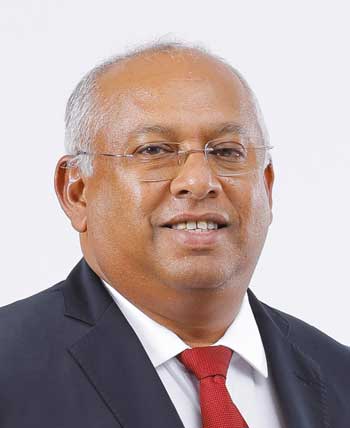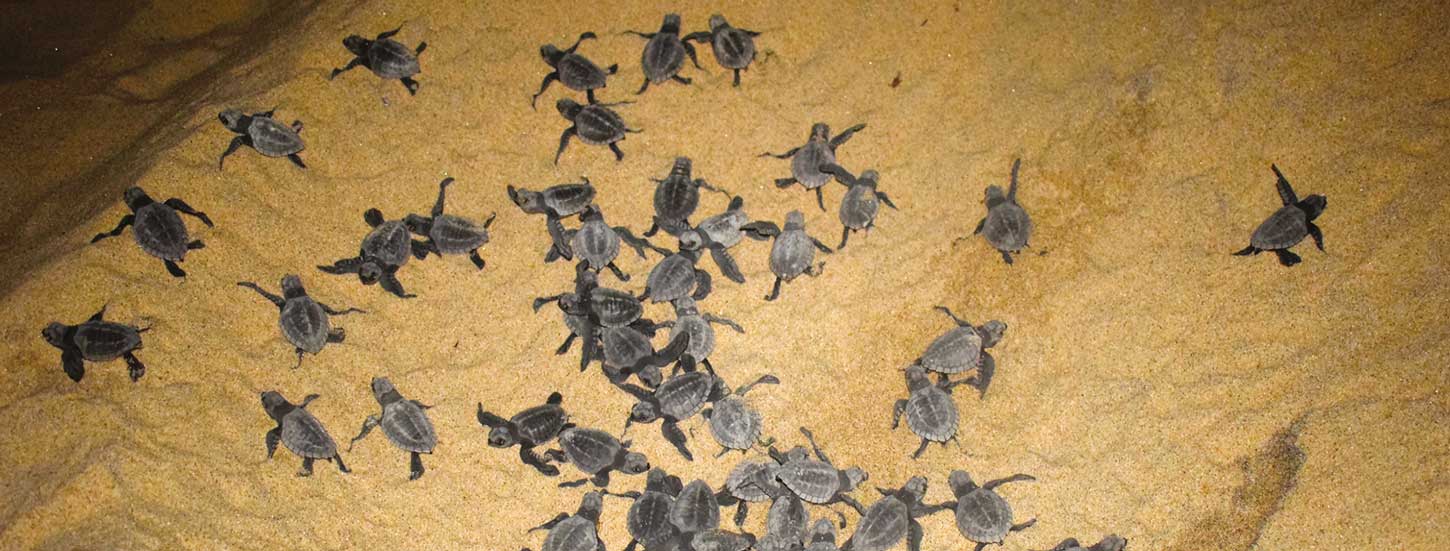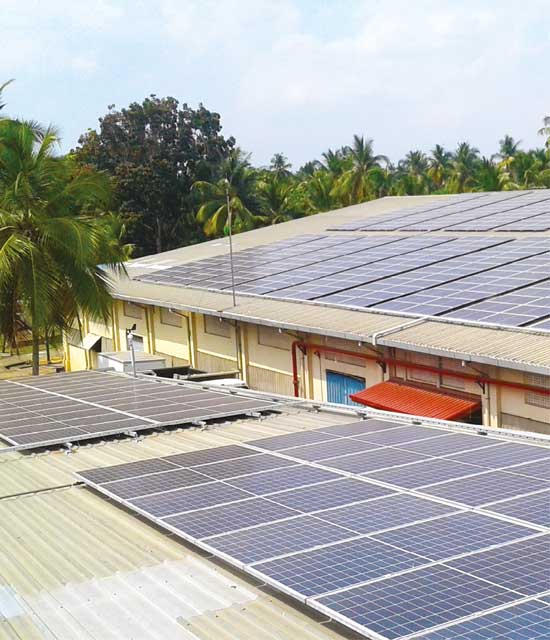DIMO
Q: Can you elaborate on DIMO’s continued commitment to environmental sustainability?
A: Sustainability is a key attribute that builds our brand equity and remains rooted in DIMO’s strategic approach. The ISO 14000:2015 certification ensures we operate in an environmentally responsible manner.
We offer several sustainable solutions including solar PV systems, electric vehicles in the Mercedes-Benz EQ and TATA Electric ranges, hybrid machinery, energy efficient building management and agriculture inputs.

Group CEO
State-of-the-art water treatment and recycling plants are installed at all our workshops. Solar panels are installed at selected locations, generating 10,734 GJ of electricity in 2021/22.
In 2015, DIMO 800 (the Mercedes-Benz Centre)became a LEED gold certified green building and we have implemented several environmental projects beyond our business boundaries.
Q: What role does sustainability play in your strategic plan?
A: Our ‘Reimagine’ strategy expedites diversification of our business portfolio, offering a more balanced product range with greater tolerance to economic shocks. A primary focus is to ensure sustainable business solutions and local value additions.
Our sustainability footprint is in power and energy, agriculture, water, medical and educational segments, contributing 27 percent of the Group’s revenue in 2021/22. In the local value addition sphere: manufacturing, assembling and after sales services assist us to be part of a circular economy, ensuring a sustainable future.
Q: What are the iconic sustainability projects of DIMO?
A: DIMO Academy for Technical Skills (DATS), ‘Panama Project’, ‘Life to Reef’ and ‘Project Life’ are some of our significant projects.
Since 1990, our DATS vocational education arm has produced over 550 NVQ 4 level automobile technicians as a social service. The turtle conservation project in Panama released 150,000 hatchlings to open water over the last decade.
The ‘Life to Reef’ project has restored almost four acres of coral reef since 2017, in Rumassala. ‘Project Life,’ together with other corporate partners, aims to restore 10 hectares of degraded rainforest in Kanneliya.
Q: What does ‘corporate sustainability’ mean for DIMO?
A: Sustainability is more than managing negative impacts of a business. Our leadership is responsible for directing the business to sustainability by managing operations responsibly, and integrating sustainable solutions into our portfolio and aligning with the UN’s Sustainable Development Goals (SDGs) whilst ensuring material issues of stakeholders are managed promptly.
Our values – integrity, people centricity, excellence, customer delight and accountability – are at the heart of our sustainability journey. And our efforts of fuelling the dreams and aspirations of all stakeholders will be futile without sustainable development.
Q: How do sustainability-related indicators and key performance measures link?
A: We have accomplished that by featuring Sri Lanka’s first independently assured statement of environment, social and governance (ESG) performance, which evaluates ESG impacts, in our 2021/22 Annual Report.
We reported a 0.14 tCO2e carbon emission, and 2.62 m3 water and 1.52 GJ energy consumption, to generate one million turnover in 2021/22 – while in the social aspect, we achieved our highest employee engagement score of 4.2 (out of 5) and 92 percent CSI.
In terms of governance, obtaining ISO 45001:2018 certification, and paying Rs. 4 billion in taxes and tariffs can also be highlighted as sustainability-related KPIs.
Q: How do you identify environmental impacts and risks? What policies are in place to minimise them?
A: At board level, we have established a risk management process ensuring uninterrupted value creation. As an ISO certified company, our compliance team ensures we adhere to ISO 14001, 9001 and 45001 standards, enabling us to identify environmental and social risks.
Employees are encouraged to communicate risks related to compliance directly to the CEO. Internal control, audits and independent evaluations assure risk management. Evaluation and mapping of risks help determine the mitigation action required. Policies on the environment, occupational health and safety are in place to mitigate risk.
Q: What are DIMO’s recent initiatives to protect the natural environment?
A: Through a public-private sector partnership, DIMO initiated a project to clean two beach stretches in Dikkowita. We partnered with MAS Holdings and Galle Conservation Society on a mangrove restoration project, and are seeking potential partnerships to establish a ‘Smart Village’ in Anuradhapura.
The recently launched DIMO Nature Club drives our employees to engage in various sustainability projects.
Telephone
2449797
Email
dimo@dimolanka.com
Website
www.dimolanka.com







